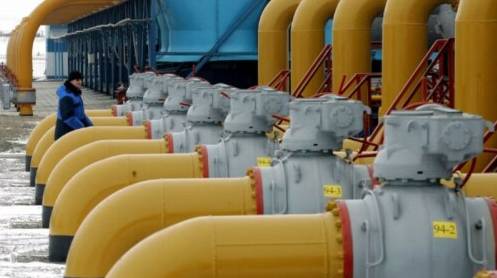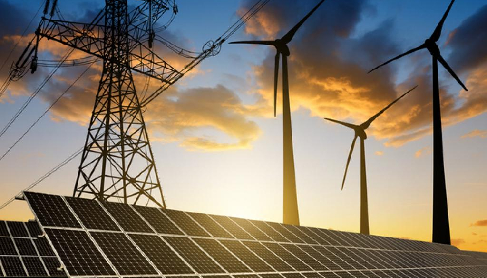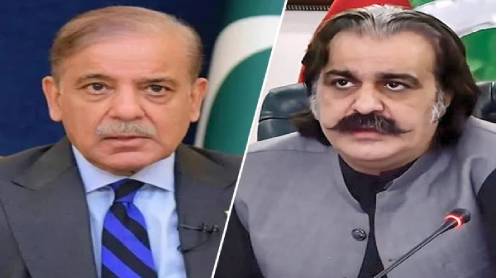MOSCOW: Russian gas exports through Soviet-era pipelines via Ukraine officially ceased on New Year’s Day, marking a historic end to Moscow’s decades-long dominance over Europe’s energy supply.
The gas flow, which persisted even amidst nearly three years of war, stopped at 0500 GMT after Ukraine declined to renew a transit agreement, according to Russian energy giant Gazprom.
While the halt was anticipated, it contrasts sharply with the disruption in 2022 that sent European gas prices soaring, exacerbating a cost-of-living crisis and threatening the bloc’s economic competitiveness. This time, European Union member states like Slovakia and Austria have secured alternative supplies, and Hungary will continue receiving Russian gas via the TurkStream pipeline under the Black Sea.
However, the shutdown has created immediate challenges for Transdniestria, a pro-Russian breakaway region of Moldova. The region cut off heating and hot water supplies to households on Wednesday, underscoring the local impact of the transit halt.
Economically, Ukraine faces a significant loss of up to $1 billion annually in transit fees, while Gazprom is set to forfeit $5 billion in gas sales. The move signals a definitive shift in Europe’s energy landscape, as the continent seeks to distance itself from Russian energy dependence.





